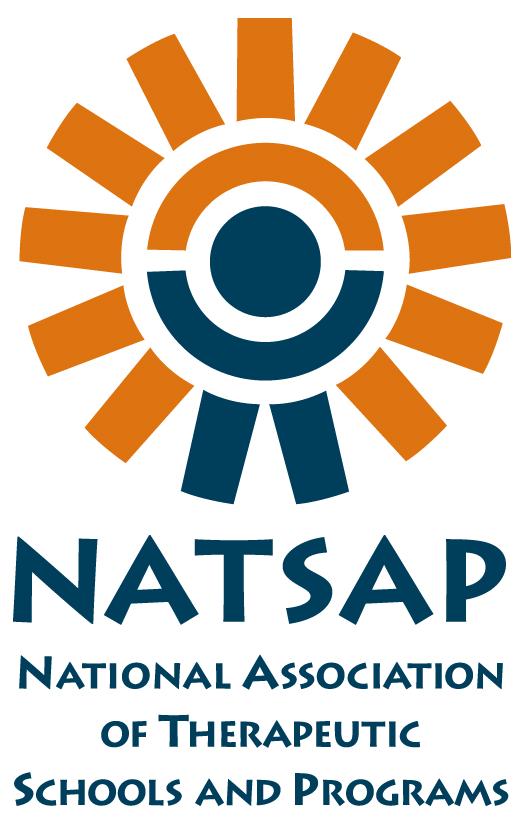The importance of AFTERCARE
It seems like I, along with our Triumph Youth Services clinicians, administrators, educators, etc., spend a lot of time and energy explaining to our youth and their parents the importance of actually completing and even graduating the residential treatment program here at Triumph Youth Services. Completing all of the steps necessary to advance to the next phase of life after residential treatment is critical for ultimate future success. One of the many very important steps towards the end of a students residential treatment program is to create an aftercare plan and when necessary a relapse prevention plan. This is a very detailed plan that takes a great deal of thought and effort. This is not a step in residential treatment that can be rushed and it is not a step that can be taken lightly. If an aftercare plan is planned and created with earnest, it will end up being a guide and resource that can and will help your son for a very long time to come, possibly for a lifetime. The following article discusses seven out of the many tips for a relapse prevention plan. These tips also work hand in hand with a complete aftercare plan. Even though there is much more that must be put into an aftercare/relapse prevention plan, these seven tips discussed below are great tips to get the brain thinking in the right direction.

Success is Freedom
Seven Tips for Relapse Prevention
Relapse prevention starts from the moment a person leaves the safety of an addiction treatment facility. Some people may find it difficult immediately upon leaving treatment, while others may go for six months without facing a challenge to their sobriety. Both types of individuals should have a strong aftercare plan for when they leave rehab – aftercare plans typically include ongoing therapy and community support programs. A strong aftercare plan is the single most important tool for preventing a relapse.
Here are some other tips for relapse prevention:
Find support. Join organizations that will support your sober life. From community recovery meetings to religious organizations to family groups, there are meetings all over the world that will welcome you with open arms! Create a firm foundation for yourself.
Make New Friends. Your friends from before rehab may no longer be the best people to hang out with- it is important you find a social support group that actively supports your sobriety. Check out sober recovery groups- AA and NA are only two of the many available that support a sober lifestyle. Being sober doesn’t mean you can’t be social. Keep a telephone list with you of your sober support system, so if the urge arises you can get support immediately.
Gratitude Lists. Keep your gratitude list close, in your wallet or in your car. Update the list of positive things in your sober life- whether it is people, animals, feelings or accomplishments. Look at the list and remind yourself how far you have come. It’s a strong tool for relapse prevention.
Watch for Triggers. You have to be on guard when you get out of rehab, so be mindful to remove as many triggers as you can from your life. If stress triggered you to drink or to do drugs in the first place, find healthy ways to remove the trigger.
Stay Healthy. We all feel better after eight hours of sleep. Treat your body right when you’re in recovery, from sleeping enough to exercising and eating a healthy diet, the better your physical body feels the better your emotional state and the less likely you are to relapse!

Staying healthy aids in successful aftercare
Journal. Affirm you feelings and activities with a journal. It will keep you accountable to yourself and provide you with a place to write about your struggles. In today’s day and age, your relapse prevention journal can just as easily be a private blog. Post pictures and quotes to help you on the most challenging days.
Be Reasonable. Recovery is a journey, so be reasonable with the expectations you set for yourself. Achieve your goals incrementally – 5 days sober, 10 days sober, etc… Breaking it into smaller bites makes it easier to achieve success and ultimately those small successes will lead to a successful recovery!
Relapse prevention means taking charge of your situation. Relapse is common, so don’t punish yourself if you slip. Instead, identify that you have the desire to relapse or have relapsed, no matter how big or small, and take charge. Call your counselor, therapist or treatment center. Call a meeting leader, sponsor or someone who can help you get back on track. No matter what you’ve done in the past, you are worth it and you are stronger than your disease!
http://www.drugrehabfl.net/2012/05/24/seven-tips-for-relapse-prevention/








